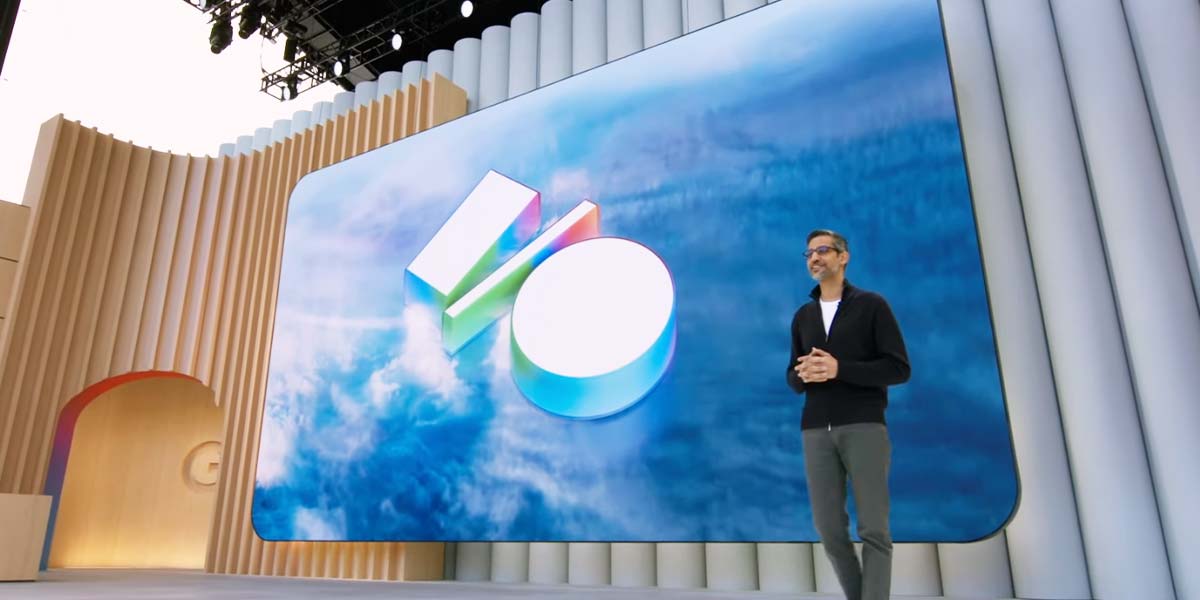Google made an aggressive entry into the AI race by launching a slew of new technologies during Google I/O 2025, held in Mountain View, California, on May 20. The event featured the unveiling of several AI-driven innovations aimed at regaining momentum after the company lost its competitive edge to OpenAI over the past two years.
A key highlight of the event was the introduction of “Deep Think,” an advanced reasoning mode in Gemini 2.5 Pro. According to Google, this feature allows AI to evaluate multiple potential answers before responding, resulting in a marked improvement in benchmark tests. Currently, Deep Think is being rolled out to select groups via the Gemini API.
Another major announcement was Veo 3, a video editing application that accepts text or image commands. Veo 3 delivers high-quality video production and comes with features such as automated sound effects, backgrounds, and dialogue.
Veo 3 is now available through the Gemini app for subscribers on the AI Ultra plan, which costs $249.99 per month. Google emphasized that this plan offers “the highest level of access” to its AI-powered services.
On the image generation front, Imagen 4 was unveiled as a new-generation image creation tool offering up to 2K resolution. Its standout strength lies in generating intricate details such as fabric patterns, water droplets, or animal fur with impressive accuracy.
Both Veo 3 and Imagen 4 will be integrated into Google’s new video creation tool named Flow, specially designed for the digital content creator community.
Another notable feature is Gemini Live, enabling real-time voice conversations and seamless integration with smartphone cameras and displays. Powered by technology from Project Astra, Gemini Live can translate languages, provide directions, and answer visual questions interactively.
Google also announced the expansion of AI capabilities to its AI Workspace suite—including Gmail, Docs, and Google Tasks—enabling features like email organization, automated responses, and voice-activated event creation to elevate the enterprise workflow experience.
The launch highlights the mounting pressure on Google to build out the Gemini ecosystem rapidly so it can catch up with ChatGPT, which has emerged as the public’s go-to AI model and enjoys strong commercial support from Microsoft.
Although Google previously launched Gemini with great fanfare, it has faced challenges with accuracy, user readiness, and mainstream reliability. The latest releases—Veo 3, Imagen 4, and Gemini Live—are part of Google’s effort to “unite the AI universe” of imagery, audio, and text under the Gemini brand.
From an economic perspective, Google’s push for a subscription-based AI service through the AI Ultra plan marks a strategic shift away from its reliance on online ad revenue toward direct AI services—mirroring Microsoft’s model of leveraging Azure to power OpenAI’s offerings.
The global tech community widely expects the competition between Google, OpenAI, and Microsoft to intensify further in the second half of 2025, especially as models like Veo vs. Sora, Imagen vs. DALL-E, and Gemini vs. ChatGPT enter direct rivalry. Ultimately, user experience—not marketing claims—will decide the winners in this new frontier.





